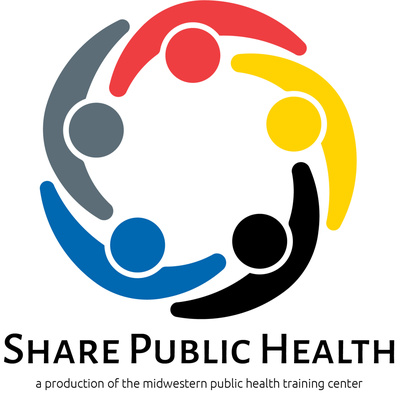Infectious Disease Emergency Response (IDER) Toolkit
The Infectious Disease Emergency Response (IDER) Toolkit was developed to assist local health departments in developing and/or supplementing their infectious disease emergency response plans in order to strengthen their ability to prepare for and respond to infectious disease emergencies. Whether a local health department utilizes the entire IDER Toolkit, or simply supplements an existing plan with specific items, the IDER Toolkit contains materials that are useful and appropriate for all types of local health departments. Users of the IDER Toolkit should be able to: Recognize how the Incident Command System may be adopted to plan for and respond to infectious disease emergencies; Discuss the necessary roles and responsibilities during an infectious disease emergency response; Describe how to develop an infectious disease emergency response plan.
Guidelines for the Public Health Laboratory Continuity of Operations Plan
These guidelines build upon the 2007 Association of Public Health Laboratories (APHL) COOP Guidelines, as well as the FEMA Continuity of Operation Plan Template and Instructions for Federal Departments and Agencies (February 2011). The purpose of the guidelines is to assist state public health laboratories in developing a COOP to ensure continuation of their essential public health activities during events that may disrupt normal operations.
Preparedness for Specific Types of Laboratory Information
An overview of the CDC’s Laboratory Response Network (LRN) and information on biosafety, response plans, testing, presumptive agent identification, guidance on specimen collection and shipping, training on coping with bioterrorism, and contacts for questions.
National Laboratory Training Network (NLTN)
NLTN, a joint program of APHL and the CDC, develops and delivers education programs for professionals in both public and private sector laboratories. NLTN develops training products in multiple formats, presented by expert faculty, to address a variety of learners’ preferences, as well as level of training from broad overviews to intricate, step-by-step, detailed testing methods incorporating hands-on practical experiences. Training types include hands-on workshops, on-demand courses, teleconferences, and seminars.




